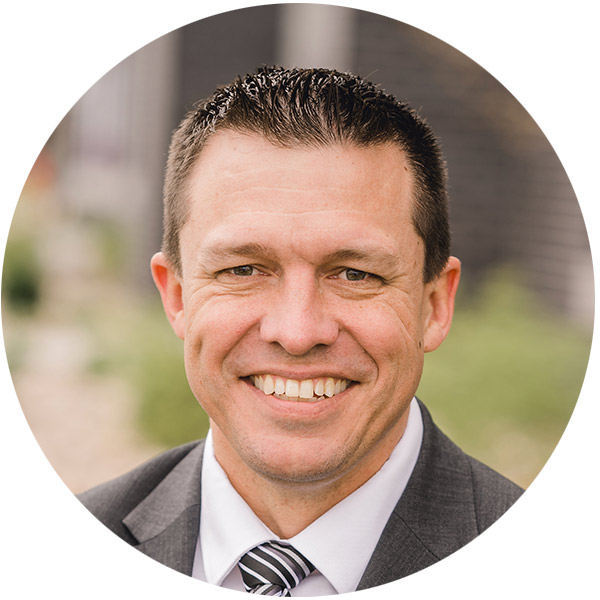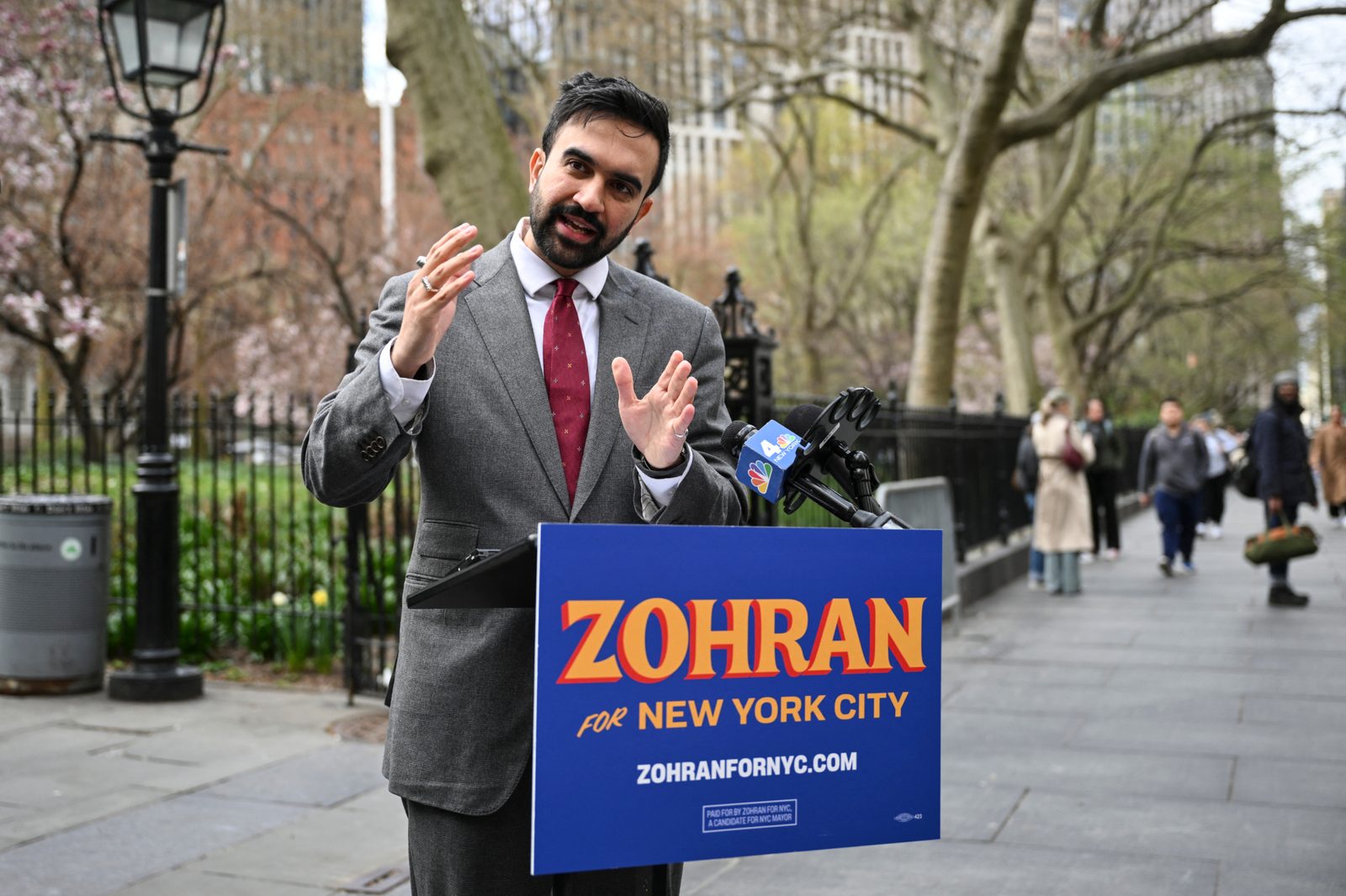Twenty-five out of twenty-eight studies show that education choice benefits all students.
When I say all students, I mean students who are both using the education choice program and those who are staying in public schools, with the largest gains coming from students of low-income families.
This is an important statistic to keep in mind. Opponents of education choice policies fail to recognize all of the research and typically pick out places like Louisiana, so they can say education choice programs don’t work.
The Louisiana choice program is an interesting case study. Louisiana’s Scholarship Program is one of the most regulated choice programs in the nation. Participating schools are required to take the state assessment, which incentivized the private schools to align their teaching and curriculum to the public system. In effect, they became pseudo public schools.
Louisiana’s program is so burdensome that only about one-third of private schools accept the scholarship. They feel the regulations take away what make the schools unique and different from the public system.
Education choice advocates have learned from Louisiana. The key takeaway is that the more free an education choice program, the better the outcomes for students. House Bill 215, which establishes the Utah Fits All Scholarship program, took these lessons into consideration. Parents are given maximum freedom to choose an education that fits their child. They can choose a home education program, a private school, a microschool, or a combination of the options.
A provider’s freedom is also honored. Onerous regulations that stipulate admissions policies, curriculum, and specific testing requirements are omitted on purpose. Instead, parents can choose from a norm-referenced test, the state test, or a portfolio of the work and accomplishments of their child.
Yes, there are studies that support both sides, but when the totality of evidence is reviewed, the decision becomes clear. Education choice policies benefit all children in Utah.





